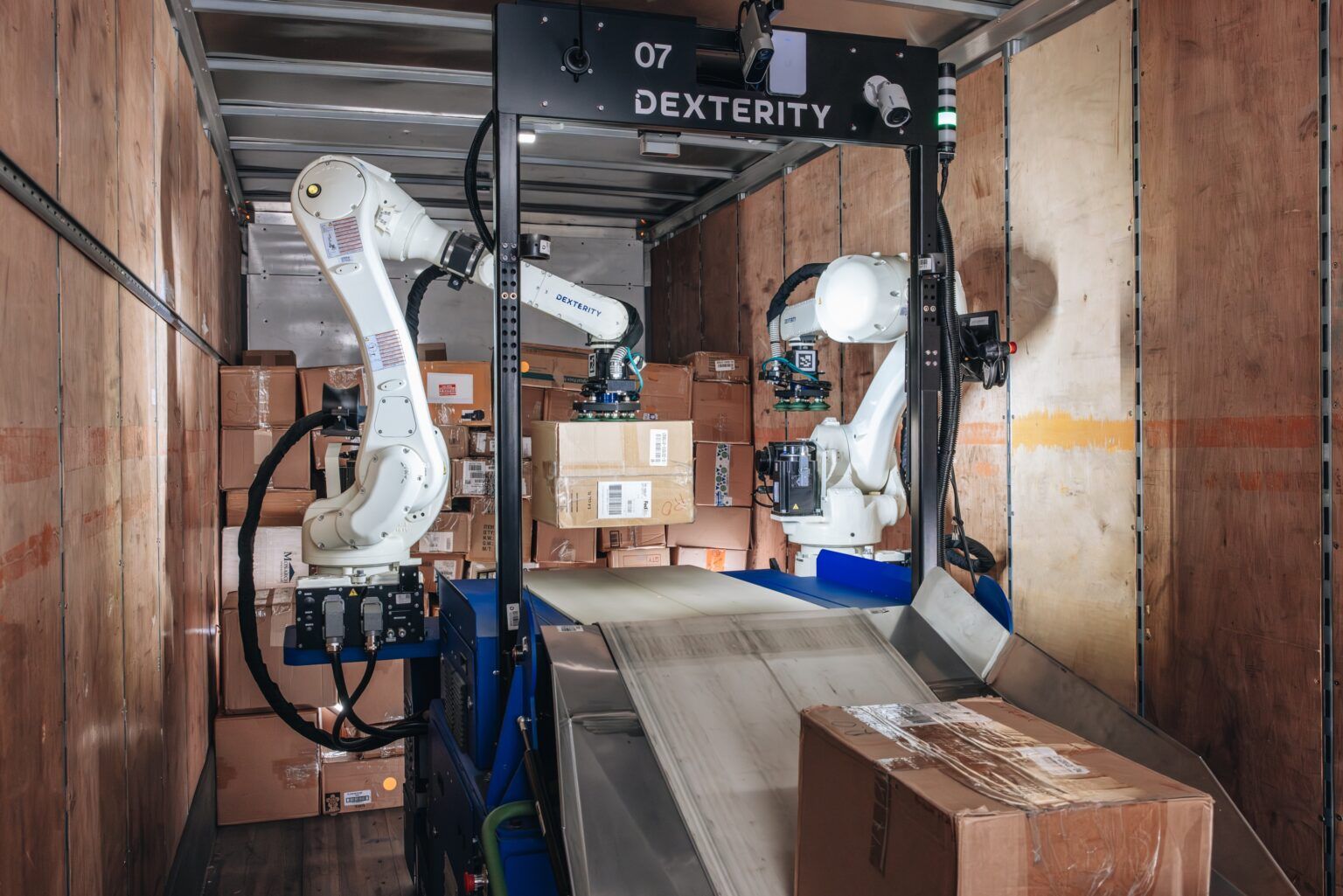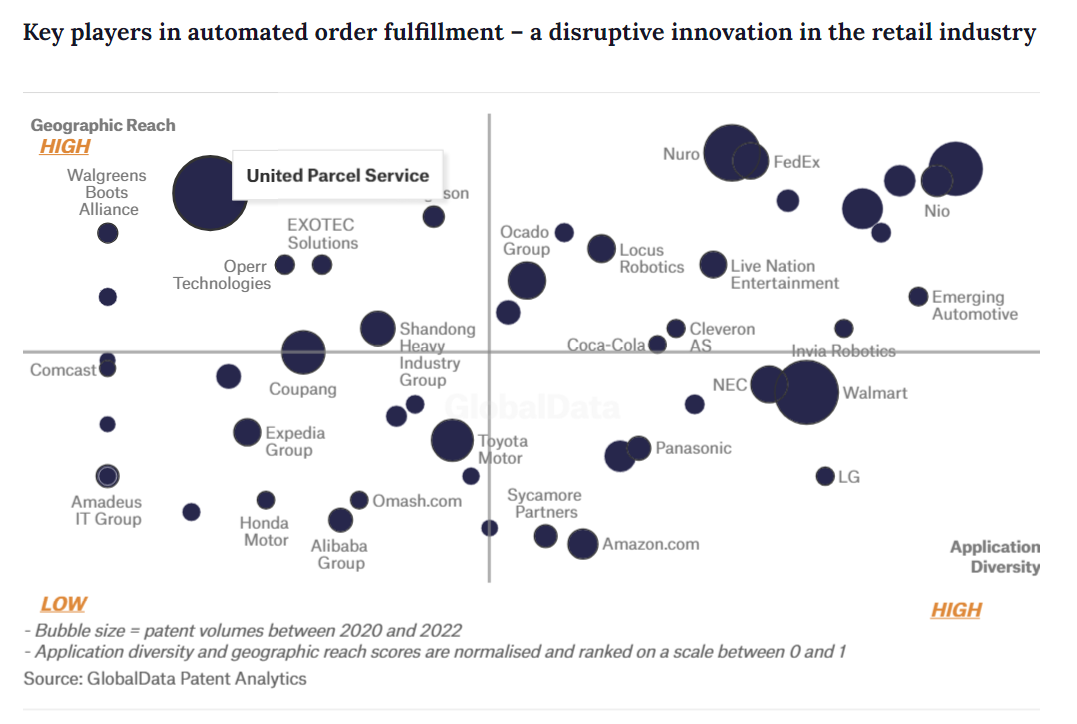How Rapido’s People-First Nearshoring Model Reduces Turnover and Boosts Long-Term ROI
Nearshoring works when teams stay. Explore how Rapido’s training-driven, people-first model creates long-term value for logistics operations.
Key players FedEx and UPS announce new automation partnerships, furthering the conversation on how advanced tech influences worker negotiations.

In an era marked by the rapid advancements of artificial intelligence and robotics, two logistics giants, FedEx and UPS, continue to take the lead towards automation to enhance their operational efficiency.
On 26 September, FedEx, in partnership with Dexterity AI, introduced an AI-powered robotic technology designed to address the challenges in truck loading. Around the same time, UPS revealed its collaboration with several tech entities, including Dexterity and Pickle Robot, to streamline operations and make jobs safer for their employees.

Features of the New Technologies Include:
However, the journey towards automation hasn't been without its challenges. The United Auto Workers (UAW) negotiations highlight the growing tension between man and machine, with select UAW groups going on simultaneous strikes against the Big Three. So far these strikes have cost the U.S. economy an estimated $4 billion.
The labor discussions emphasize the quest for better retirement benefits and job security, especially as robots become increasingly prevalent on factory floors.
Notably, UPS's recent labor agreement was seen as a win for workers, but it also underscores the role automation plays in enabling such deals. With increased automation, companies can afford to offer higher wages, a point emphasized when UPS's Chief Financial Officer, Brian Newman, hinted at the significant role technology will play in future productivity.

The shift to automation isn't purely about replacing human jobs. It's about evolving the nature of work itself, offering safer environments, and meeting the ever-growing demand efficiently. In the end, the integration of man and machine may be the key to a harmonious, productive future in the logistics and supply chain industries.
Sources: Dexterity AI | UPS Newsroom | Bloomberg Opinion
Join over 14K+ subscribers to get the latest freight news and entertainment directly in your inbox for free. Subscribe & be sure to check your inbox to confirm (and your spam folder just in case).